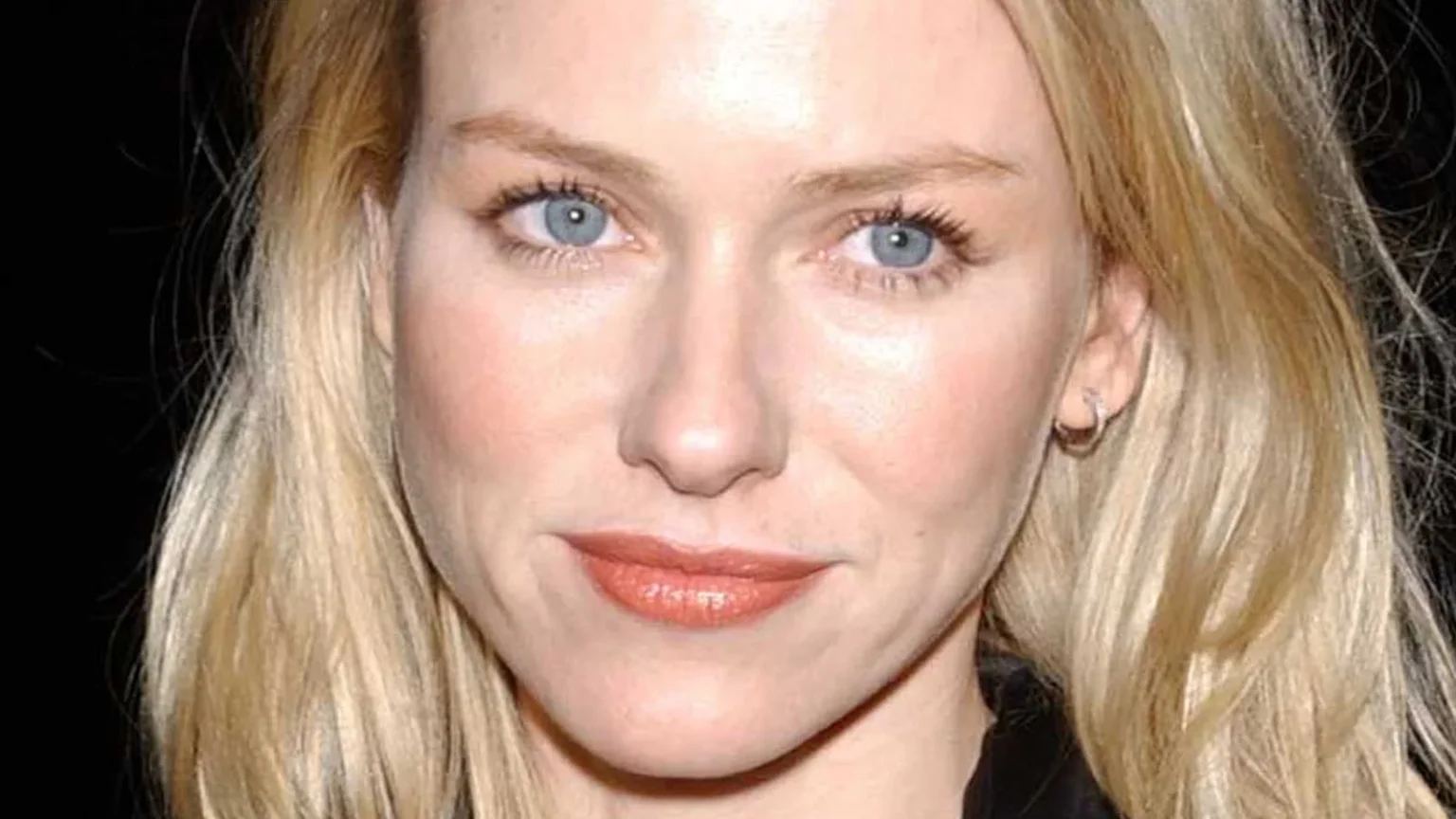For many, David Bowie wasn’t just a musician — he was a force of nature, a creative prophet in platform boots. And for actress Naomi Watts, his work didn’t just soundtrack her youth — it shaped her worldview. In a recent heartfelt interview, Watts opened up about how one specific Bowie album cracked open her imagination, changed how she saw art, and continues to haunt her in the best way possible.
The album? Hunky Dory — Bowie’s 1971 masterpiece that introduced the world to his poetic, piano-driven side and foreshadowed the glam rock explosion that was just around the corner.
A Loss That Still Stings: Bowie’s Impact in 2016 and Beyond
It’s impossible to talk about Bowie without mentioning 2016 — a year that felt like the end of an era. In a string of painful losses, legends like Prince, Carrie Fisher, Alan Rickman, George Michael, and Muhammad Ali passed away. But for many, the year’s heartbreak was signaled early by Bowie’s death in January.
He left behind Blackstar, a swan song of mysterious lyrics and cryptic clues — an album that fans are still decoding years later. It was quintessential Bowie: layered, unpredictable, and deeply moving.
Naomi Watts and the Album That Sparked a Lifelong Obsession
Naomi Watts, best known for Mulholland Drive and The Impossible, recently told The New York Times that Hunky Dory was the first album she ever bought — and it’s still etched in her memory.
“All those songs, every single one, is amazing,” she said. “Changes is the biggest and best in my nostalgic brain.”
Watts described Bowie as someone who just got it — ahead of his time in every sense. “When you see those little clips and interviews of him way back when, he just knew so much,” she continued. “He was onto something.”
Hunky Dory: The Album That Defined an Era
Before Ziggy Stardust crashed onto the scene, there was Hunky Dory — a shimmering, piano-led pivot from the heavier sound of The Man Who Sold the World. Featuring iconic tracks like Life on Mars?, Changes, and Oh! You Pretty Things, the album mixed glam, pop art, and surrealism in ways no one else was doing at the time.
Critics loved it, but the record didn’t initially fly off the shelves. Bowie’s label, already gearing up for his Ziggy Stardust transformation, held back on promotion. That didn’t last long. Once Ziggy exploded in 1972, Hunky Dory got its second wind — and quickly became one of the most influential records of the decade.
A Movie That Never Happened
Watts wasn’t just a fan — she actually came close to working with Bowie. The late rock icon had reportedly planned a film titled The Moon II: The Shores of Venus, with Watts and Heath Ledger set to star. Sadly, the project was shelved after Ledger’s untimely death in 2008.
While that collaboration never made it to screen, Watts still holds a deep admiration for Bowie’s artistic instincts — and his eerie, almost psychic view of the future.
One famous example? A 1999 interview where Bowie, speaking to a skeptical Jeremy Paxman, predicted the social impact of the internet with razor-sharp clarity.
“I think the potential of what the internet is going to do to society — good and bad — is unimaginable,” he said. And, well… look around.
What Naomi’s Up to Now
These days, Watts continues her own creative evolution. She recently starred in Too Much, Lena Dunham’s new Netflix series about a heartbroken New Yorker starting fresh in London. Critics were warmer than audiences, but Watts’ performance alongside Richard E. Grant has been praised for its emotional honesty — not unlike the raw vulnerability that drew her to Bowie’s music in the first place.
Final Word: A Voice That Still Echoes
David Bowie may be gone, but his impact continues to ripple through music, fashion, art — and yes, even Naomi Watts’ playlist. Hunky Dory wasn’t just an album — it was a cultural pivot, a cosmic wink from a man who saw the world just a little differently.
And as Watts put it best: “He was onto something.”
Want this turned into a video script or stylized as a magazine column? I can help shape it for any platform.


